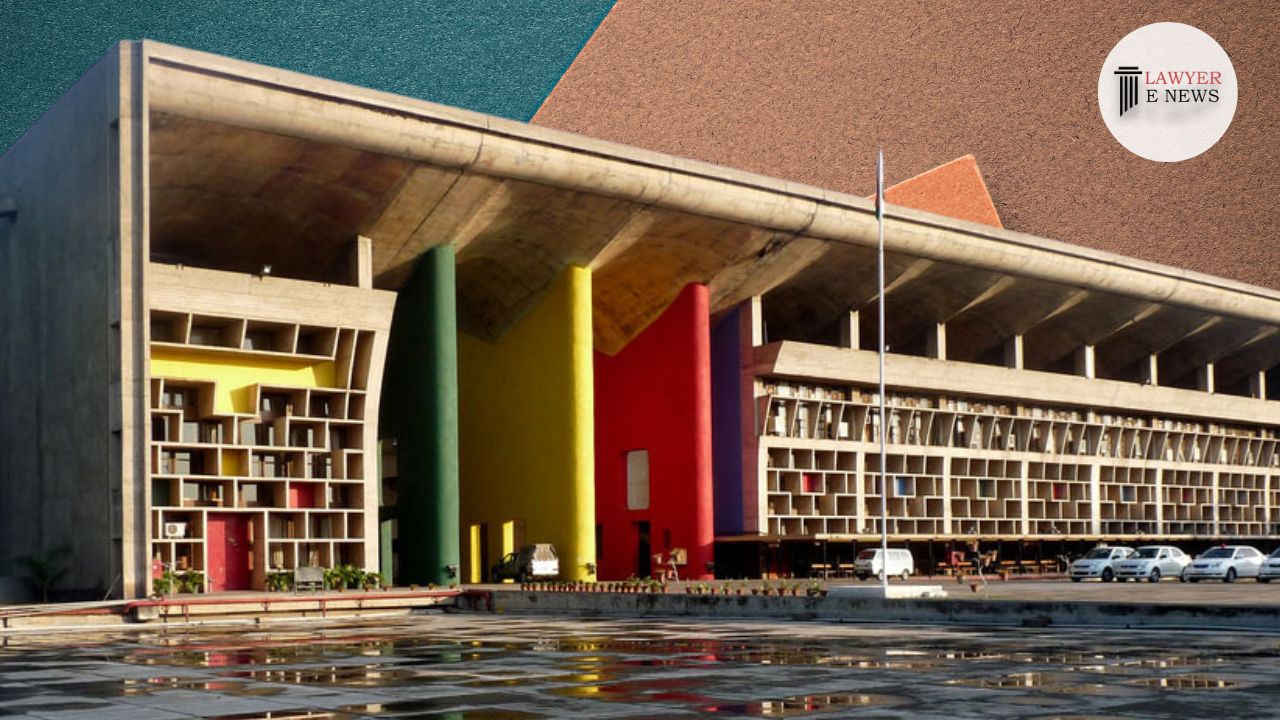-
by sayum
17 February 2026 8:32 AM



In a significant legal development, the High Court of Punjab & Haryana at Chandigarh has directed the State Information Commission, Haryana, to reevaluate an appeal filed under the Right to Information (RTI) Act, emphasizing compliance with established legal principles. The decision comes in response to a writ petition filed by Arun Kumar Aggarwal, challenging the denial of information requested under the RTI Act.
"A perusal of the above judgment would show that the first appellate authority as well as the second appellate authority has to give specific findings in accordance with the five points, which have been formulated in the abovesaid judgment."
The petitioner had sought information on five specific points under the RTI Act. However, the State Information Commission's order dated 09.10.2023 was found to be inconsistent with the legal precedents set by the High Court in a previous case titled "Rajwinder Singh vs. State of Punjab and others" decided on 16.08.2023. In that case, the Court had emphasized the need for detailed, point-wise decisions on information requests, including reasons for non-disclosure if applicable.
"The impugned order dated 09.10.2023 has not been passed in compliance with the judgment passed by this Court in Rajwinder Singh’s case (supra) and thus, the said order deserves to be set aside."
As a result, the High Court partially allowed the petition and set aside the impugned order, directing the State Information Commission, Haryana, to reevaluate the petitioner's appeal expeditiously, preferably within a period of three months from the date of the receipt of the certified copy of the present order.
Date of Decision: 25.01.2024
Arun Kumar Aggarwal VS The State Information Commission
